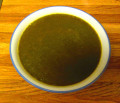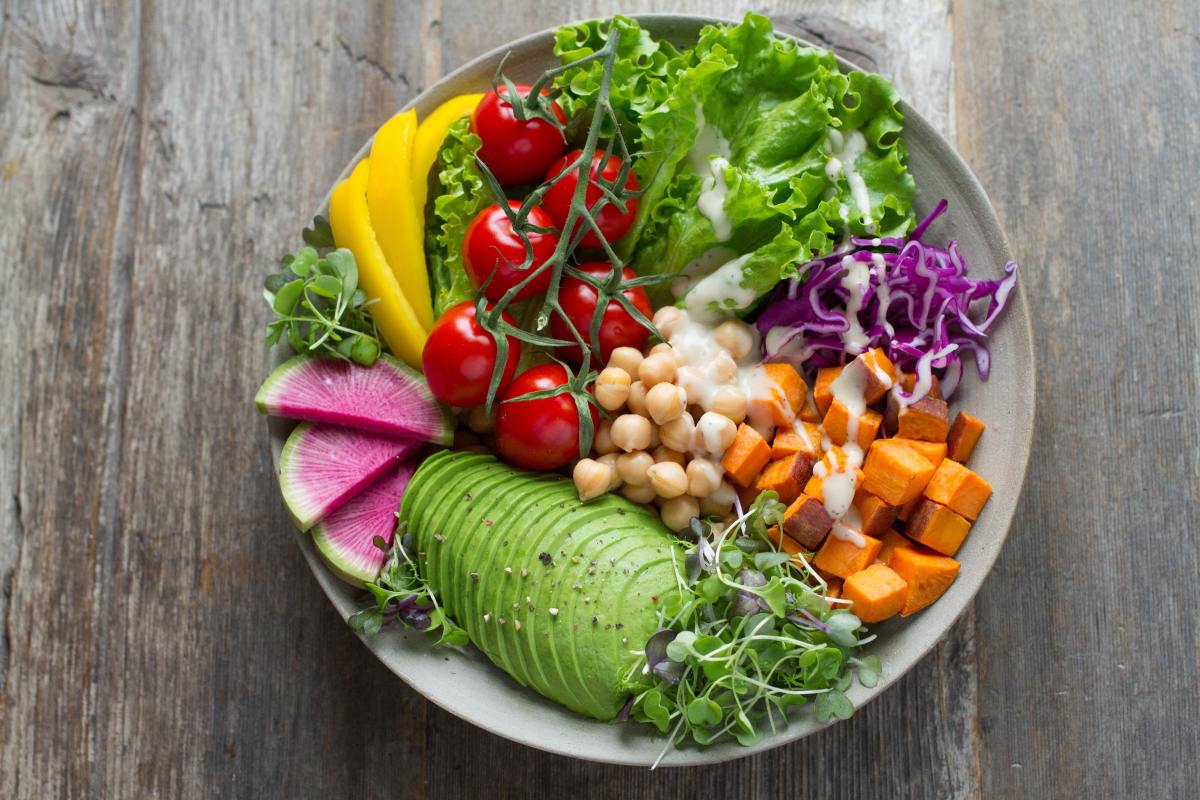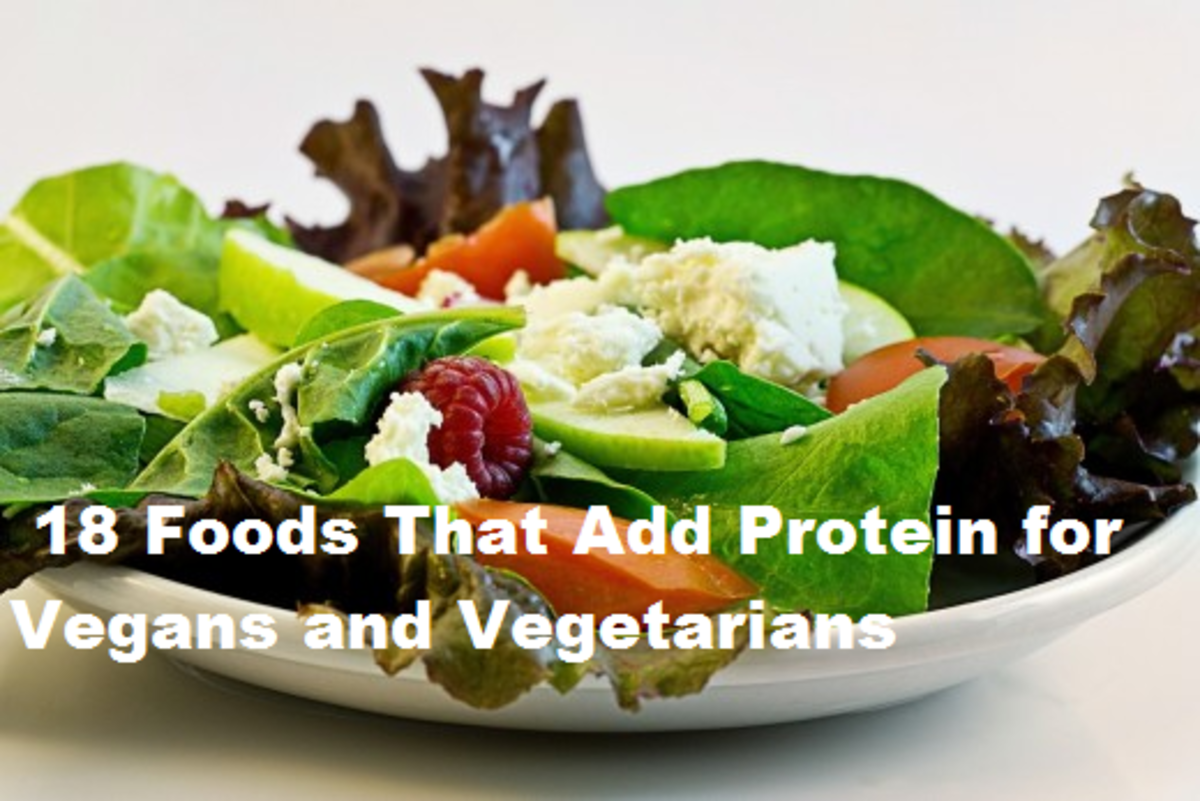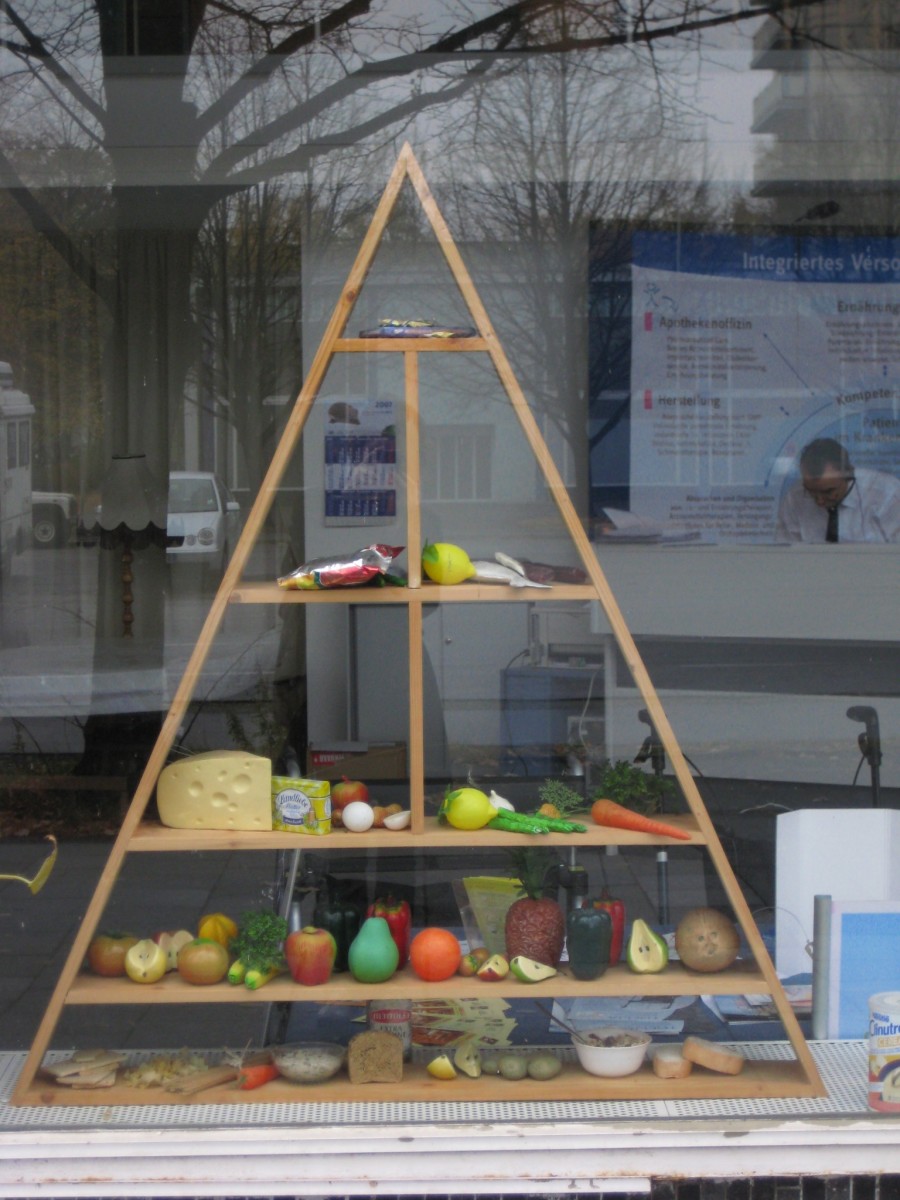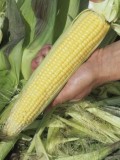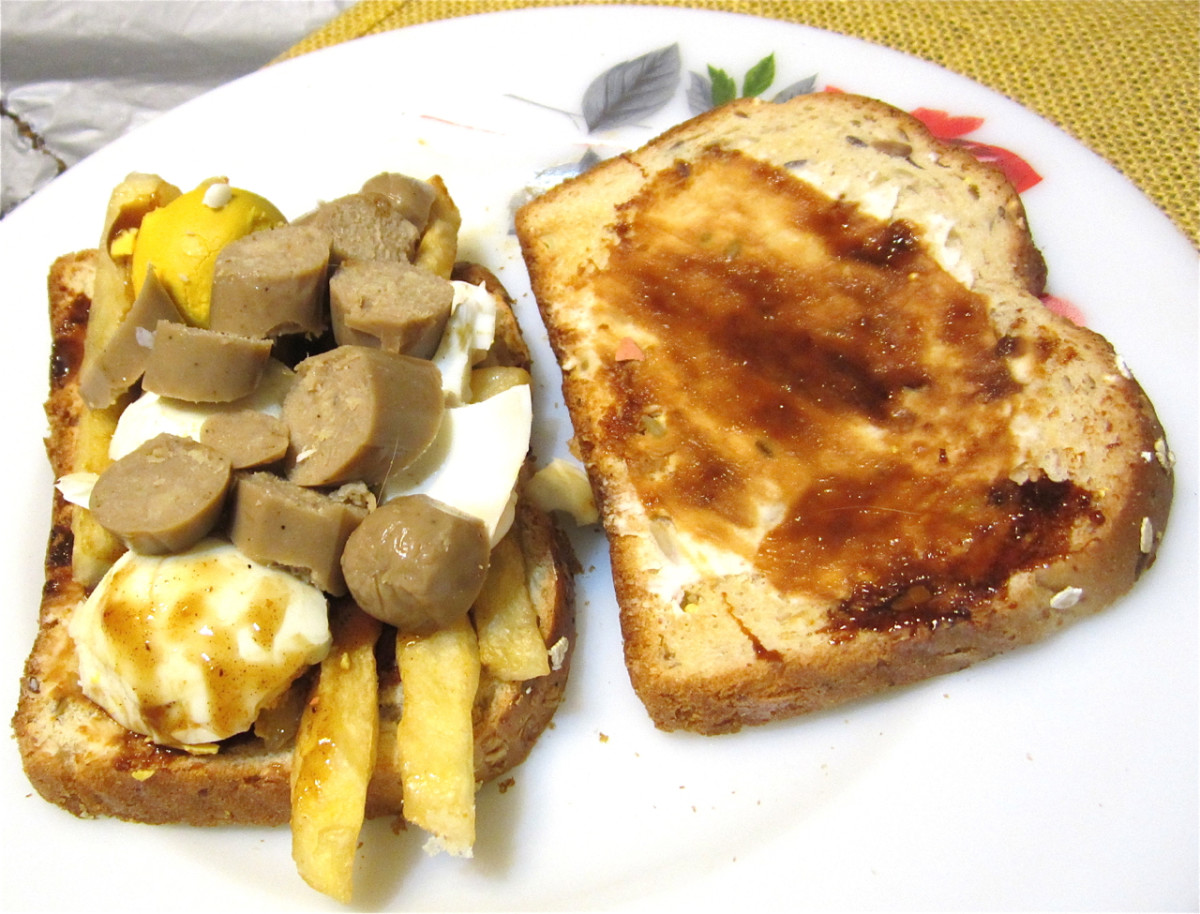Understanding Vegetarians and Vegans - What Are The Differences
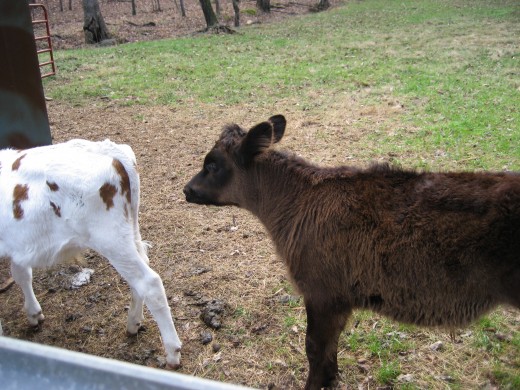
Changing terminology
It used to be that somebody was a vegetarian or not...and vegetarians used to be a lot rarer in the west (some cultures are predominantly vegetarian and if you want to find the best Indian restaurants in London, look for the ones that don't serve meat).
Nowadays, things can get very confusing. Why, for example, does somebody specify that they are an 'ethical' vegetarian? What is the difference between a vegetarian and a vegan? Why do some vegetarians eat fish? Is there anything even more extreme than being a vegan?
Vegetarians can be split into three groups - partial vegetarians (who will eat some kinds of meat but not others), true vegetarians, and vegans.
Partial Vegetarians
Some people will eat some kinds of meat and not others. The most common variant is 'pescetarians' or 'pesce-vegetarians' who will eat fish, but not meat. Others may eat poultry, but not red meat. Many non-vegetarians will react to specific species with what I call the 'too cute to eat' response - generally this means a refusal to eat deer, rabbit, or horse. (I personally will not eat horse or donkey meat...well, I might make an exception if I'm starving and there's nothing else available).
One common tactic is to select what one will or will not eat based off of its source, not its type. For example, some people will only eat meat sourced directly from local farms. I have known people who will only eat an animal if they killed it themselves or will not eat farmed meat but will eat wild caught game. Some people will refuse to eat farmed fish...and others will refuse to eat wild caught fish.
Finally, flexitarians generally eat a vegetarian diet, but may make specific exemptions. For example, they may eat meat only once a week or once a month, or only eat meat when it would be rude to refuse it.
True Vegetarians
True vegetarians will not eat meat or any product that requires killing an animal.
This includes the most common kind of vegetarianism, technically called 'lacto-ovo vegetarianism'. A lacto-ovo vegetarian will not eat meat, but will eat eggs and dairy products because these do not involve killing the animal. Some vegetarians consider eggs to be somewhat dodgy (especially free range eggs, which may have been fertilized) and only consume dairy.
Many vegetarians do not consider partial vegetarians to be vegetarians at all.
Vegans
Vegans will not consume any animal products at all, including eggs, dairy products and even honey (they consider it to be exploiting bees). Most vegans also avoid the use of animal products as much as possible in daily life. A true vegan, for example, will not wear leather or wool. (Some vegetarians also will not wear leather or fur as it also involves killing the animal).
Some, but by no means all, vegans go as far as to oppose any use or 'exploitation' of animals by humans at all, such as equestrian sports or using dogs in police work. However, this is only a subset and should not be assumed.
The very strictest vegans are fruitarians, who will only consume food that can be gathered without harming the plant. (I would not recommend, for health reasons, limiting your diet so much).
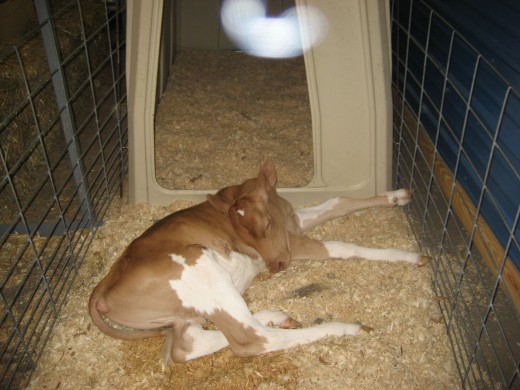
Reasons to Become Vegetarian
There are essentially four reasons why somebody might choose or feel obligated to eat a vegetarian diet to some degree:
1. Taste. Some people simply do not like meat and choose to exclude it from their diet. Many 'aesthetic' vegetarians are partial vegetarians. I knew somebody who would not eat any kind of meat other than bacon.
2. Economics. In a down economy, more and more people turn to some degree of vegetarianism in order to save money. Plant-based proteins are generally cheaper than meat.
3. Ethics. Some vegetarians do not eat meat because they disagree entirely with an animal dying to feed them. Others disagree with modern farming techniques and refuse to support them. Many, but not all, vegans feel that humans have no right to exploit or use animals in any way. A growing proportion of vegetarians choose the lifestyle because they believe it to be better for the environment.
4. Health. Eating less meat can help with weight loss and reduce the risk of cardiovascular disease. A vegetarian diet is often believed to be healthier (statistics, however, indicate that vegans generally have poorer health), although care must be taken. Vegetarians can end up with protein and iron deficiencies which are particularly dangerous for growing children and women of child-bearing age. They should be careful to consume sufficient quantities of legumes, nuts and iron-rich vegetables. Sometimes somebody may be asked to reduce or eliminate meat or certain kinds of meat to treat a specific medical condition or to prevent heartburn.


